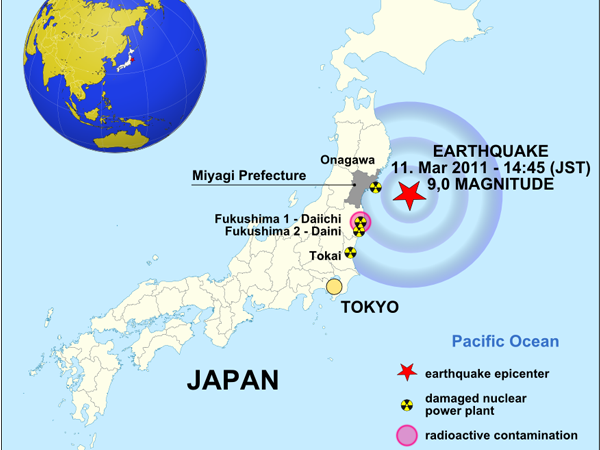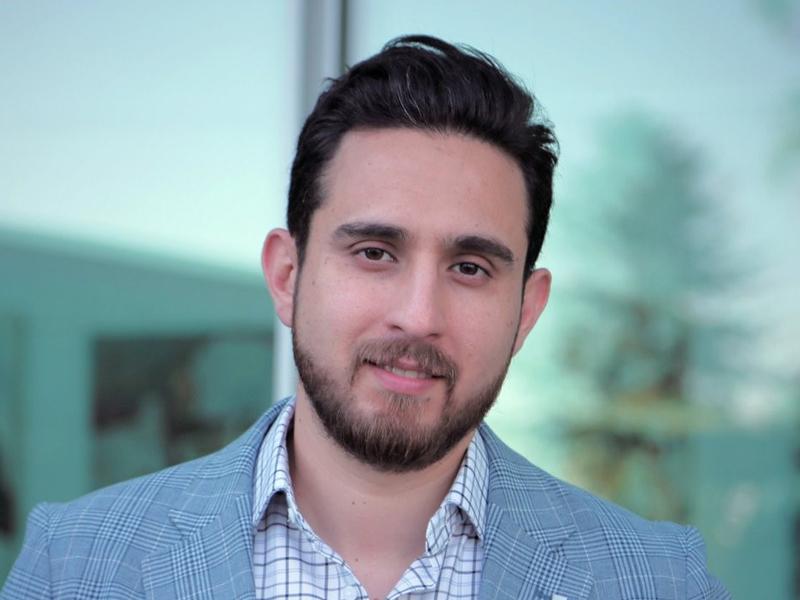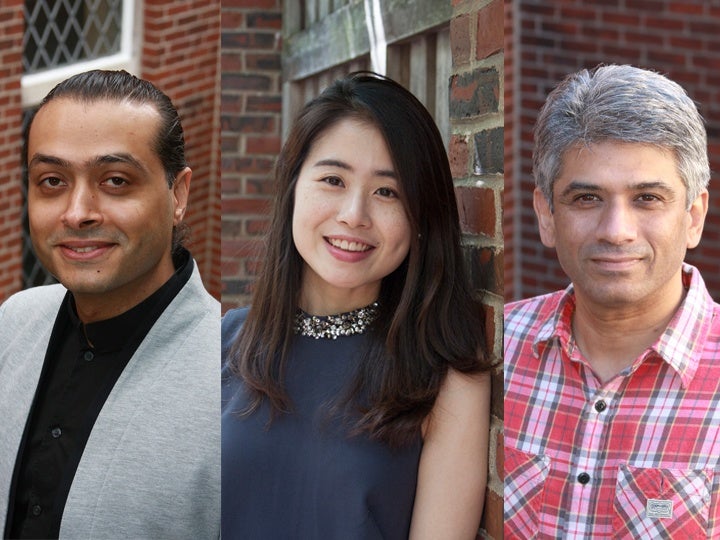In this study authored by former Harvard Bell Fellow Adel Daoud, PhD, and our faculty affiliate Ichiro Kawachi, and their colleagues, a machine learning approach to parsing out differences in mental health problems after a disaster-related traumatic experience (in this case, older Japanese adults who lived in an area hard hit by the 2011 Great East Japan Earthquake) revealed that some subgroups experienced severe impacts. Those found to be most…
Analyzing electronic health records can be a fast and accurate way to predict risk of death from COVID-19
Hossein Estiri, PhD, is lead author on a study that utilized artificial intelligence to leverage the data compiled in electronic health records to compute individual-level risk scores for death after a COVID-19 infection. Among those predictors at the top of the list for those between the ages of 45-65 were age, history of pneumonia, diabetes (with complications), and cancer (breast and prostate). Learn more about the findings of this study…
Novel approach to help predict and diagnose diseases tracks electronic health records over time using machine learning
Harvard Pop Center faculty member Hossein Estiri, PhD, is an author on a study published in Cell Patterns that is receiving attention in the media for its sequential approach to mining meaningful (as it relates to predicting and diagnosing diseases) patient information from complex electronic health records. “In this paper, we propose an algorithm for exploiting the temporal information in the EHRs that is distorted by layers of administrative and…
Using a machine learning approach to shed light on relationship between SES and women’s height
Even though height is commonly correlated with socioeconomic status (SES), SES is not known as a reliable predictor of height. In this study, Harvard Pop Center Bell Fellow Adel Daoud, Research Associate Rockli Kim, and faculty member S (Subu) V Subramanian utilized machine learning algorithms to assess whether there were non-linear patterns in the data that might shed more light on the relationship between height and socio-economic status.


